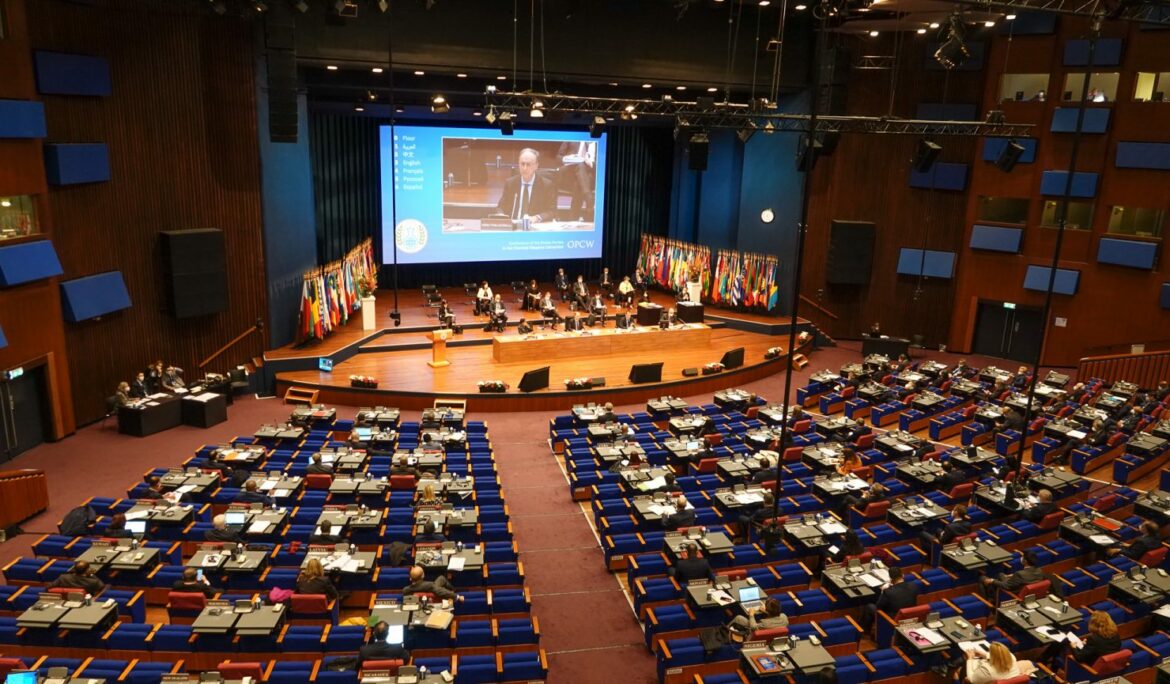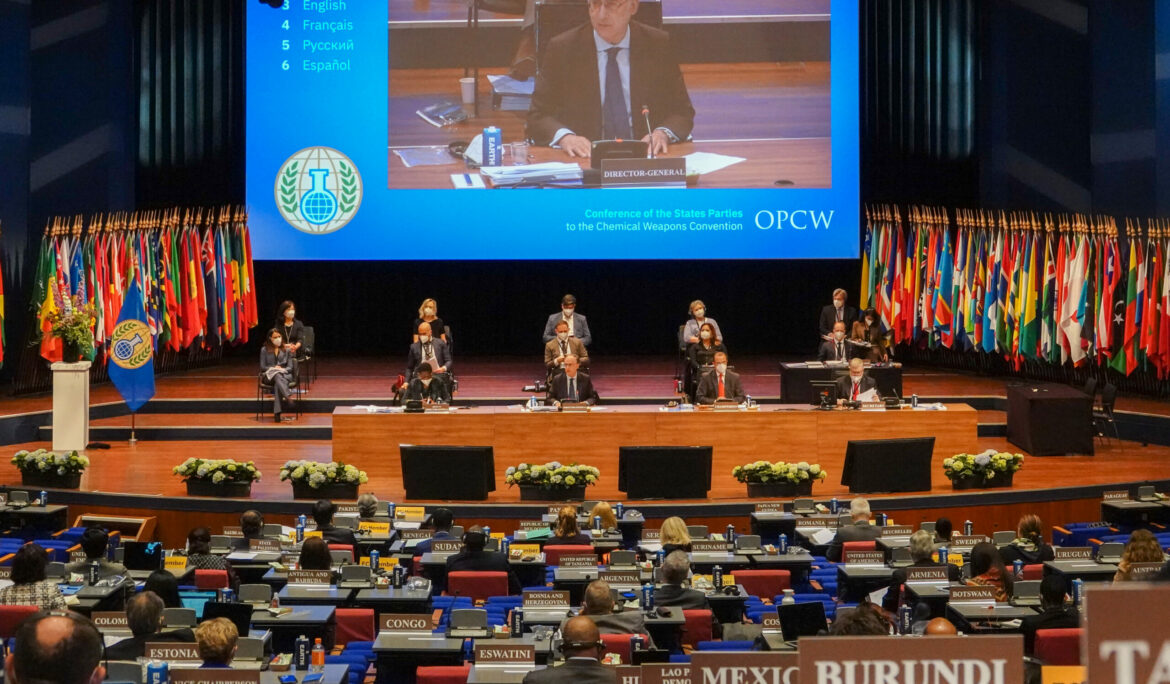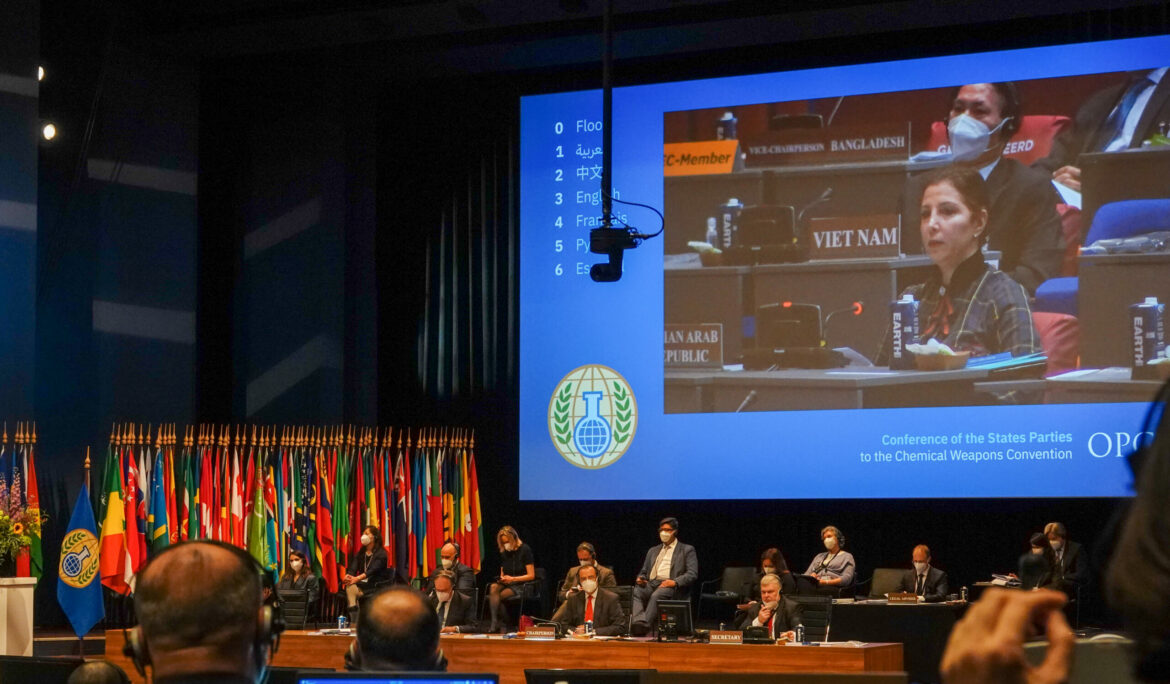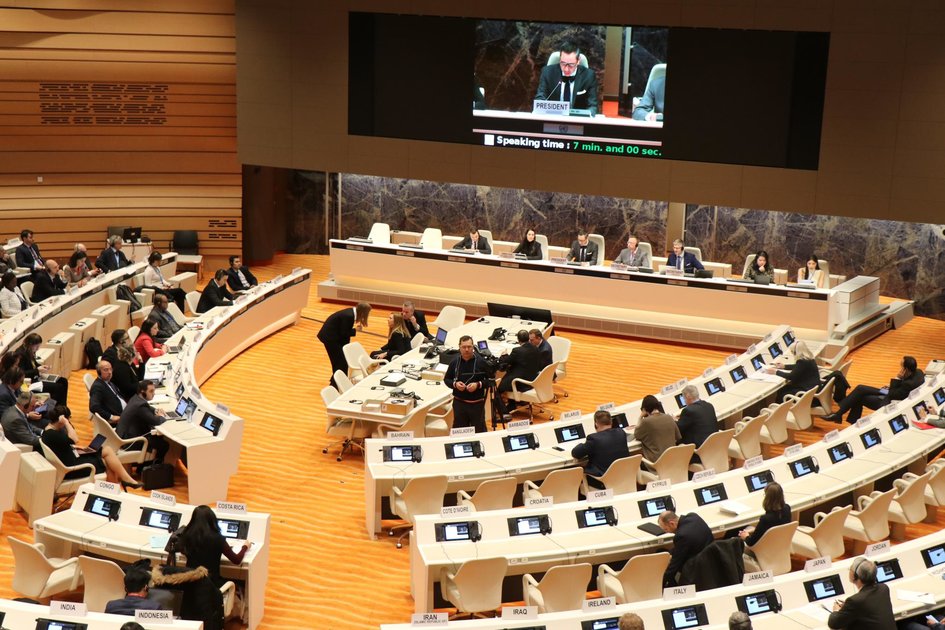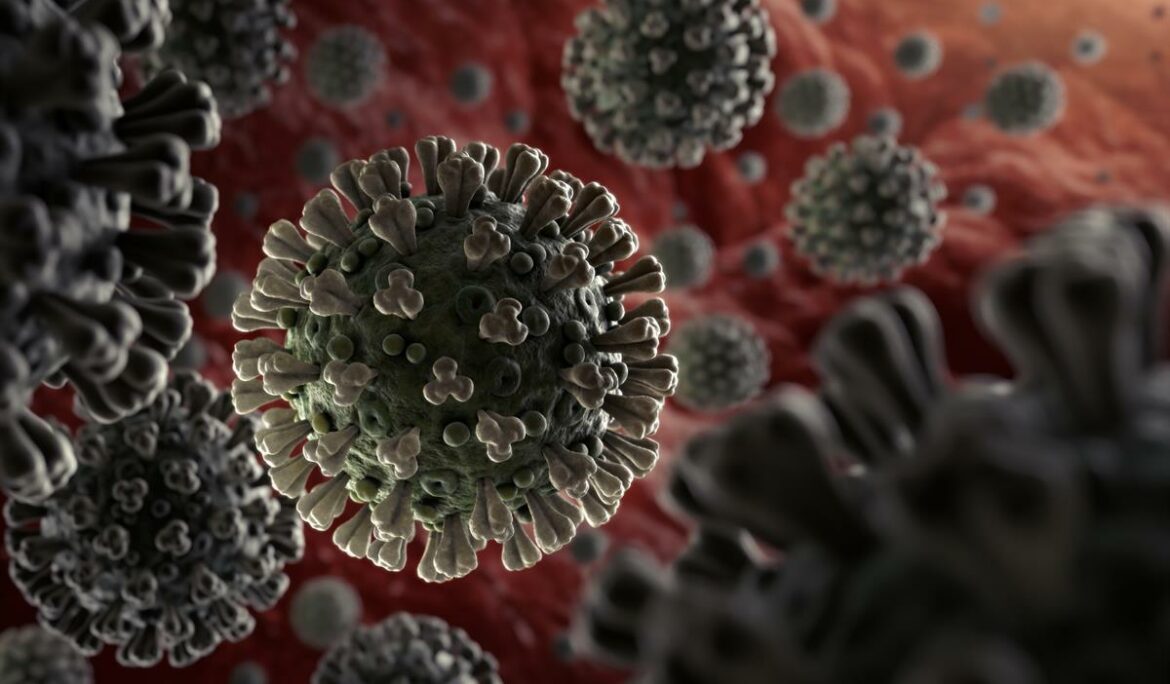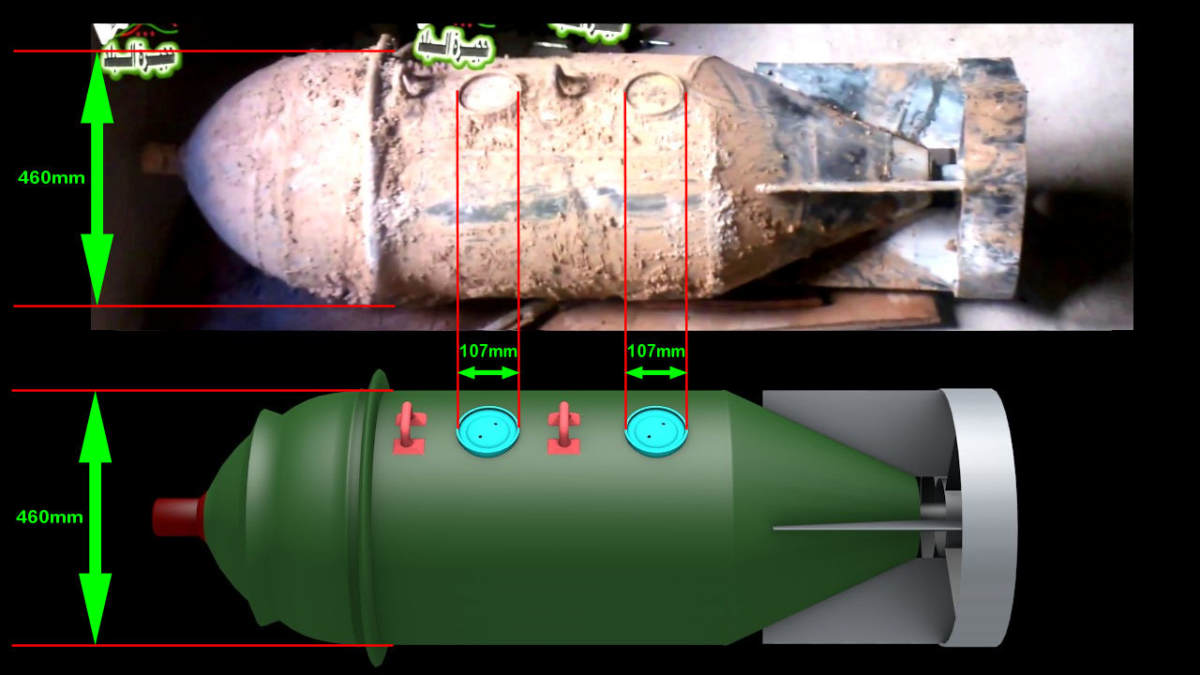OPCW: 26th Session of the Conference of the States Parties (CSP-26)
I am pleased to present here the summary of the annual OPCW Conference of States Parties, prepared by Leanne Quinn of the CWC Coalition. The Trench is a member of the CWC Coalition. Jean Pascal Summary Report by Leanne Quinn Program Assistant, Chemical Weapons Convention Coalition (Cross-posted from the CWC Coalition Conference summaries) During the annual Conference of the States Parties to the Chemical Weapons Convention (CWC), representatives from all the States Parties to the CWC convene in The Hague to oversee the implementation of the CWC, promote the goals and obligations of the treaty, and review treaty compliance, among …
Constructive ambiguity, or the insertion of science review in the CWC
(Science and technology review under the BTWC, Part 2) Comparing the Biological and Toxin Weapons Convention (BTWC) and the Chemical Weapons Convention (CWC) is a useful exercise for imagining what could have been, especially for the former relative to the latter. Completion of negotiations lies 21 years apart. What became possible by 1992 was simply not an option in 1971. The cold war had ended; the 1987 US-USSR Intermediate-Range Nuclear Forces Treaty paved the way for onsite inspections; and an eight-year war between Iran and Iraq had seen widespread chemical weapon (CW) use on battlefields, against civilians and for genocidal …
Remarks at the CWCC webinar on ‘Reinforcing the Norm Against Chemical Weapons’
Remarks at the webinar Reinforcing the Norm Against Chemical Weapons: The April 20-22 Conference of States Parties to the Chemical Weapons Convention, organised by the Chemical Weapons Convention Coalition and the Arms Control Association, 10 May 2021 Director-General Arias, Ambassador Helfand, Ambassador Lingner, Participants, I am pleased to join this webinar of the global non-governmental platform, the Chemical Weapons Convention Coalition (CWCC). As a CWCC member from the start, I wish to express my gratitude to Paul Walker, who has been the engine behind the initiative for as long as it has existed, and to the states parties to …
Sanctioning Syria: An Analysis of the OPCW Vote
The Organisation for the Prohibition of Chemical Weapons (OPCW) completed its 25th session of the Conference of the States Parties (CSP) on 22 April, the 106th anniversary of the first massive use of chlorine as a warfare agent in the First World War. Due to the sanitary restrictions to contain the global coronavirus pandemic, the OPCW spread the CSP-25 over two sittings. The first one took place on 30 November and 1 December 2020. Its primary objective was the adoption of the work programme and budget for 2021, which the states parties to the Chemical Weapons Convention (CWC) could not …
COVID-19 pushes BTWC Review Conference into 2022
As noted in the blog posting of 29 November, COVID-19 has seriously interfered with the meeting agendas for the Biological and Toxin Weapons Convention (BTWC) and the Chemical Weapons Convention (CWC). A new schedule is emerging for the BTWC while it appears possible that the second part of last year’s CWC Conference of States Parties may take place later than April. BTWC meetings for 2021 The Chairperson of the 2020 Meeting of States Parties (MSP), Ambassador Cleopa Mailu of Kenya, has notified delegations that the Meetings of Experts (MX) will now be held one year after the originally planned dates, …
Implementing BTWC Article VII: Some thoughts for the Meeting of Experts and the Review Conference
[Text of a pre-recorded video ahead of an international webinar on 12 November providing an opportunity for informal discussions on topics to be considered by the Meeting of Experts on Assistance, Response and Preparedness (MX4).] Excellencies, Ladies and Gentlemen, Colleagues, I am Dr Jean Pascal Zanders from Belgium and an independent disarmament researcher and consultant at The Trench. My focus is on the elimination and prevention of re-emergence of chemical and biological weapons. I have been regularly following meetings of the Biological and Toxin Weapons Convention (BTWC) since the Fourth Review Conference in 1996. I am honoured to introduce the …
Syria stands formally accused of violating the Chemical Weapons Convention
The Executive Council of the Organisation for the Prohibition of Chemical Weapons (OPCW) held its 94th session from 7–10 July. Prominent on the agenda was the determination by the Investigation and Identification Team (IIT) that ‘there are reasonable grounds to believe’ that Syrian government forces bear responsibility for several chemical weapon (CW) attacks at the end of March 2017. The finding is the first time that the Technical Secretariat of the OPCW has formally charged a state party to the Chemical Weapons Convention (CWC) with violating Article I, para. 1(b) to never under any circumstances use CW. The accusation is …
Palestine: From a ‘will-be’ party to the CWC to a ‘would-have-been’?
Something really remarkable happened in the first two weeks of 2018. On 2 January, quite out of the blue came the notification by UN Secretary-General António Guterres that the State of Palestine had deposited its instrument of accession to the Chemical Weapons Convention (CWC). It was to become the 193rd state party on 28 January, thirty days after having submitted the document (29 December). Indeed, ‘was’. Guterres formally informed UN members on 11 January that Palestine had withdrawn its instrument of accession three days earlier. States withdrawing from a disarmament or arms control treaty is extremely rare. But it does …
Novichok between opinion and fact – Part 1: Deconstruction of the Russian denial
Since the assassination attempt on Sergei and Yulia Skripal with a nerve agent now just over one month ago, so much has been written about ‘Novichok’; so much has been opined about what ‘Novichok’ is meant to be (if it exists at all); and so much smoke has been spewed about what the identification of ‘Novichok’ suggests about culprits. This blog posting is the first of several to look into a specific aspect of the discussions concerning Novichok in the hope of clarifying where certain positions come from and what factual knowledge exists about this group of nerve agents. Facts …
Preparing the 4th CWC Review Conference: Education & Outreach
Role of education and outreach in the prevention of the re-emergence of chemical weapons For consideration by the Open-Ended Working Group preparing the Fourth Review Conference of the Chemical Weapons Convention at its ninth meeting Dr Jean Pascal Zanders Chairperson OPCW Advisory Board on Education and Outreach (ABEO) 30 May 2018 [PDF Version] The Advisory Board on Education and Outreach (ABEO) is a subsidiary organ of the Organisation for the Prohibition of Chemical Weapons (OPCW). Its members, together and individually, represent a wide range of education and outreach (E&O) expertise and experience. Besides strategic and practical advice to the OPCW …

